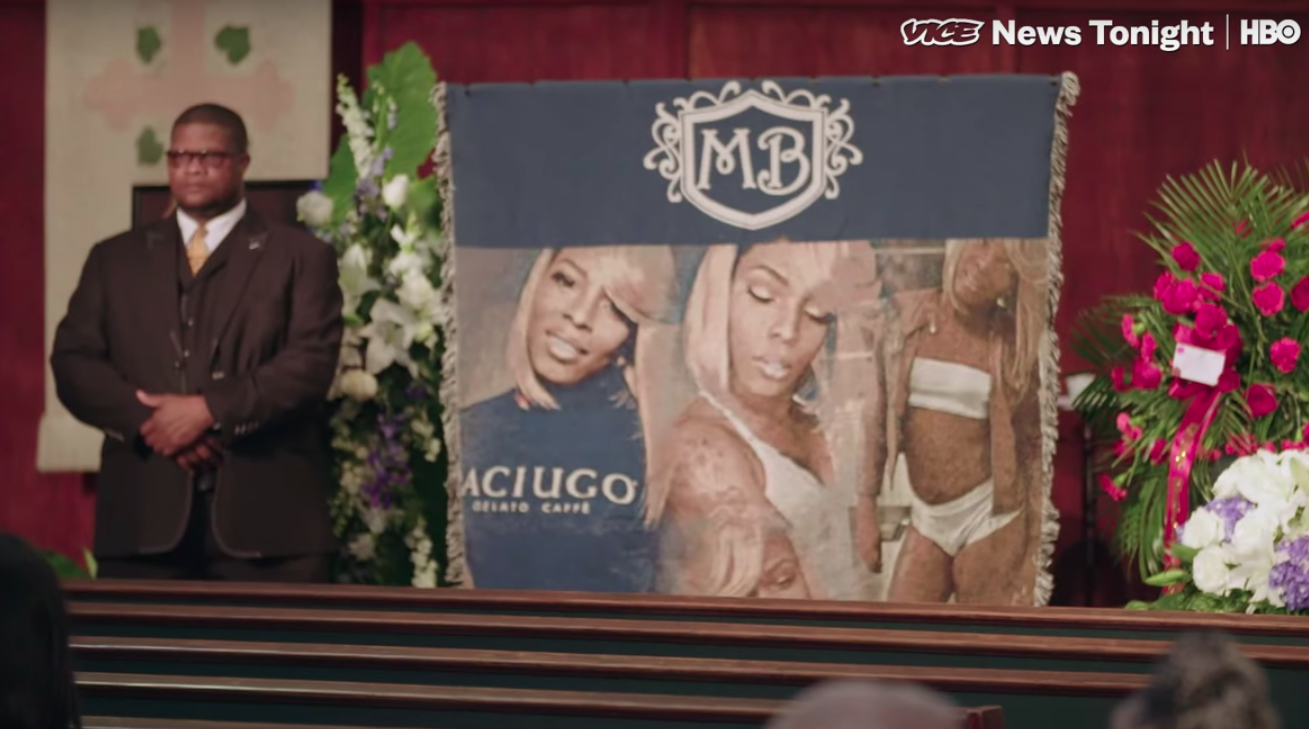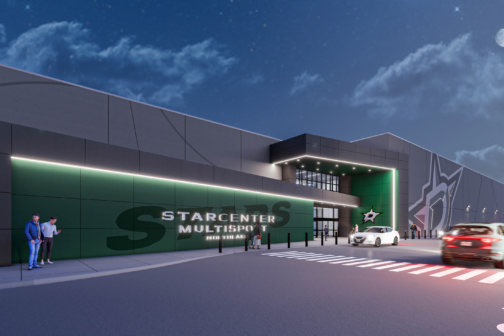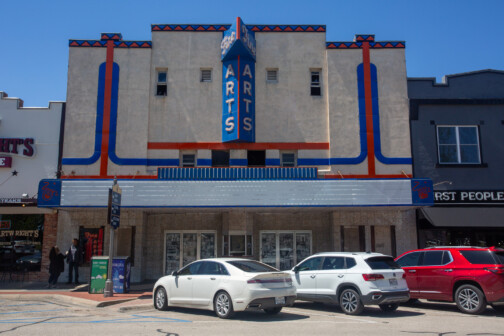Two weeks since Muhlaysia Booker was murdered in Far East Dallas, her story continues to attract national attention. This weekend, HBO’s Vice News dove in, airing an eight-minute feature on the way Booker’s killing has rippled throughout Dallas, with a particular focus on the black and LGBT communities.
The piece opens with footage of the Booker’s beating in mid-April, a little over a month before her death. It brings us within a police-hosted community event at the Resource Center in Oak Lawn, where open-mic speakers voice their concerns. In one instance, a speaker thanks the force for progress in its treatment of the trans community.
But much of the eight minutes focuses on how development in Oak Lawn has created a divide. Vice points out the income disparities between South Dallas and Oak Lawn. Meiko Hicks, who was a friend of the late Booker, tells reporter David Noriega that Oak Lawn 20 years ago, when she came out, was “covered in all kinds of people—white, hispanic, black, trans women all over the place.” But she’s seen a change through the years.
“It makes us feel like we’re not wanted anywhere,” Hicks says. “We’re not wanted in the black community. We grew up here. We live here. We’re not wanted here. And now we’re not wanted in the gay area, either.”
Full video here:





